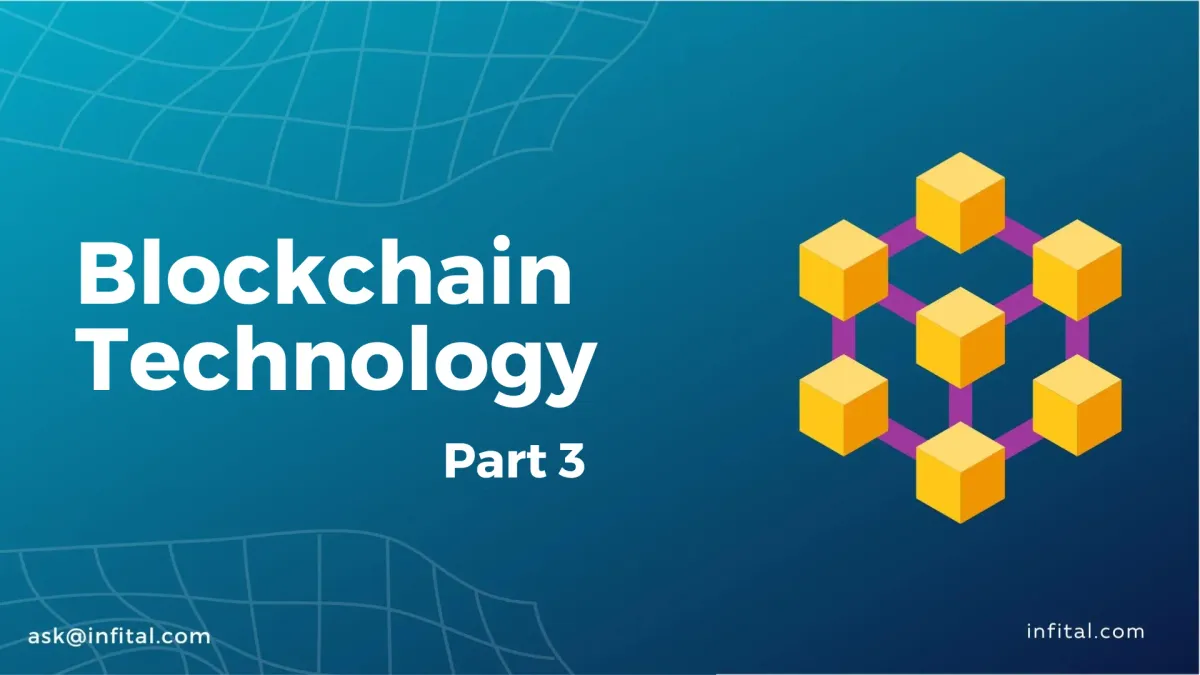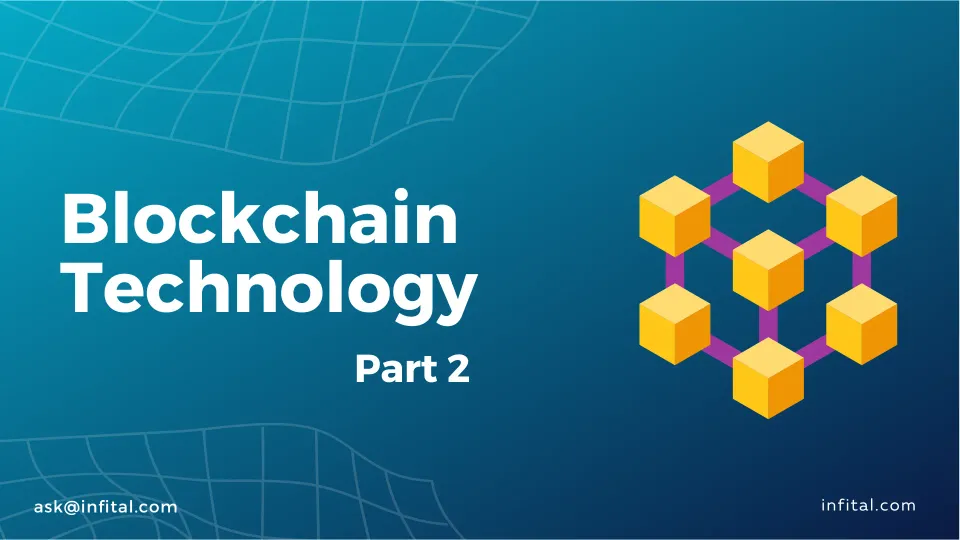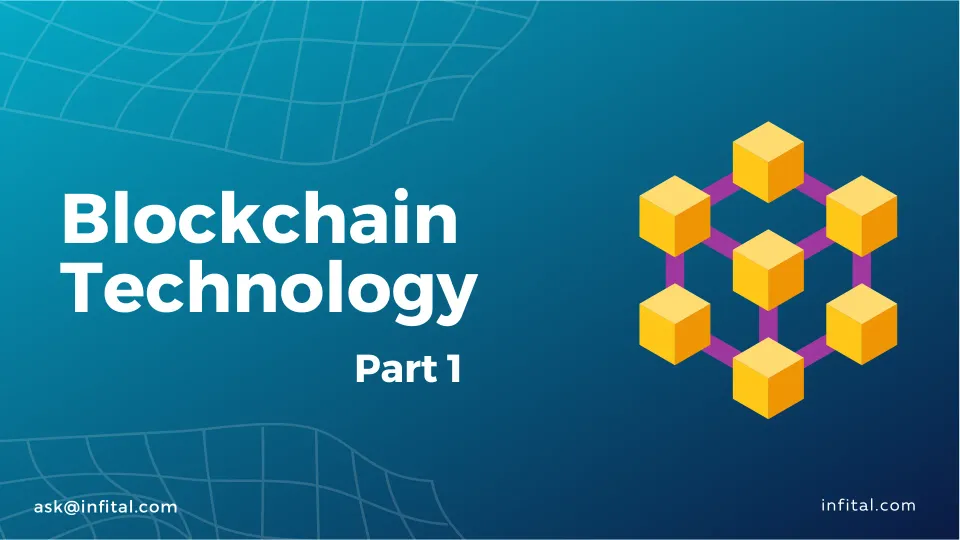Revolutionising Real Estate with Blockchain
The traditional real estate market is laden with complexities, involving numerous intermediaries, extensive paperwork, and prolonged settlement processes.

As we venture deeper into the world of blockchain, one of the sectors witnessing significant disruption is real estate. The traditional real estate market is laden with complexities, involving numerous intermediaries, extensive paperwork, and prolonged settlement processes. However, blockchain technology has the potential to streamline and revolutionise this industry, offering transparency, efficiency, and enhanced security.
Transparency in Property Transactions
Real estate transactions involve multiple parties, such as buyers, sellers, real estate agents, banks, and legal entities. These transactions generate extensive paperwork and require time-consuming validation processes. Blockchain provides an immutable and transparent ledger, where all relevant information about a property, including its ownership history, legal documents, and liens, can be recorded securely. This eliminates the need for intermediaries, simplifying the process and reducing the risk of fraud.
Fractional Ownership through
Tokenisation Blockchain enables fractional ownership of real estate through tokenisation. By dividing a property's value into digital tokens, investors can purchase fractions of the property. Tokenisation not only makes real estate investment more accessible to a broader range of individuals but also facilitates liquidity in the market. Tokenised real estate assets can be traded on blockchain-based platforms, allowing investors to buy, sell, or exchange their shares efficiently.
Smart Contracts for Seamless Transactions
One of the most promising applications of blockchain in real estate is the use of smart contracts. These self-executing contracts automatically trigger actions when predefined conditions are met. In real estate, smart contracts can be programmed to release funds to the seller when all conditions of the sale are fulfilled, such as obtaining necessary permits and inspections. This automation streamlines the entire transaction process, reducing the need for intermediaries and eliminating delays.
Enhancing Property Records and Title Management
Land records and property titles are crucial components of real estate transactions. Traditional record-keeping systems may be susceptible to errors and fraud. Blockchain's decentralised and tamper-proof nature offers an ideal solution for secure property record management. Smart contracts can be utilised to automatically transfer property ownership upon receiving payment, further reducing the administrative burden on buyers and sellers.
Global Real Estate Investment Opportunities
Blockchain technology transcends geographical boundaries, opening up new avenues for global real estate investment. Investors from different parts of the world can participate in property deals without cumbersome currency conversions and international transaction fees. Moreover, blockchain's transparency and traceability enhance confidence for cross-border transactions, making real estate investments more appealing to international buyers.
Challenges and Future Outlook
While blockchain shows immense promise in revolutionising real estate, it still faces some challenges. Regulatory compliance, interoperability between different blockchain platforms, and widespread adoption are key areas that need further development and attention. Moreover, ensuring data privacy and security remains a paramount concern.
The future of blockchain in real estate looks promising as innovators and industry leaders collaborate to address these challenges. As the technology continues to mature, we can expect to see a more efficient, transparent, and inclusive real estate market.
Conclusion
The incorporation of blockchain technology into the real estate sector heralds a new era of innovation and efficiency. Through transparency, tokenisation, and smart contracts, blockchain is transforming the way we buy, sell, and invest in properties. As we move forward, embracing blockchain's full potential in real estate will pave the way for a more accessible, secure, and dynamic property market.


